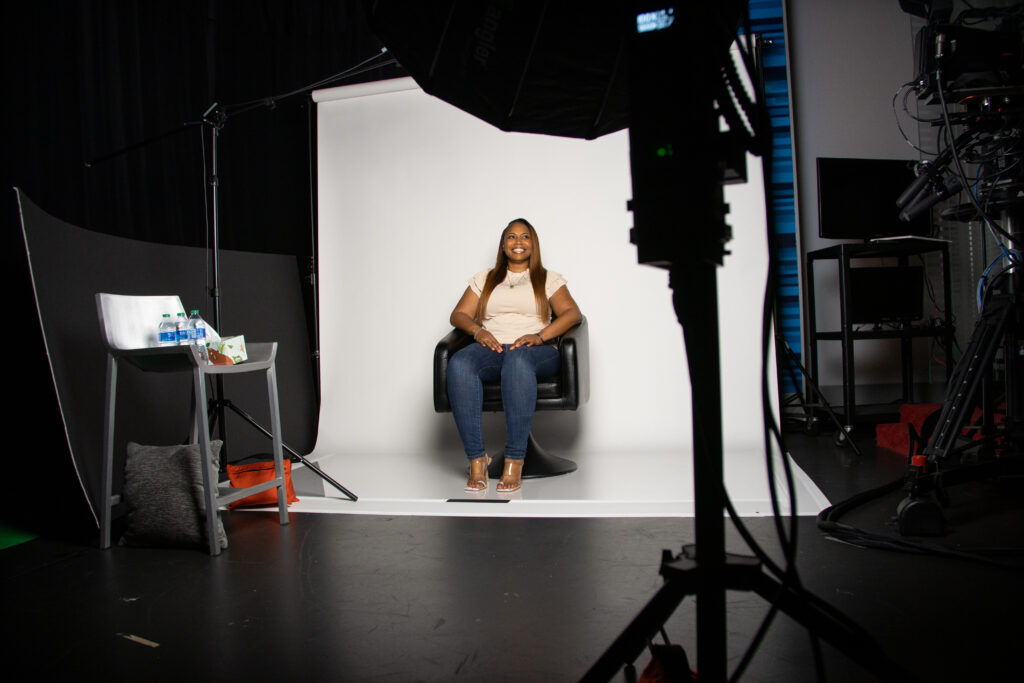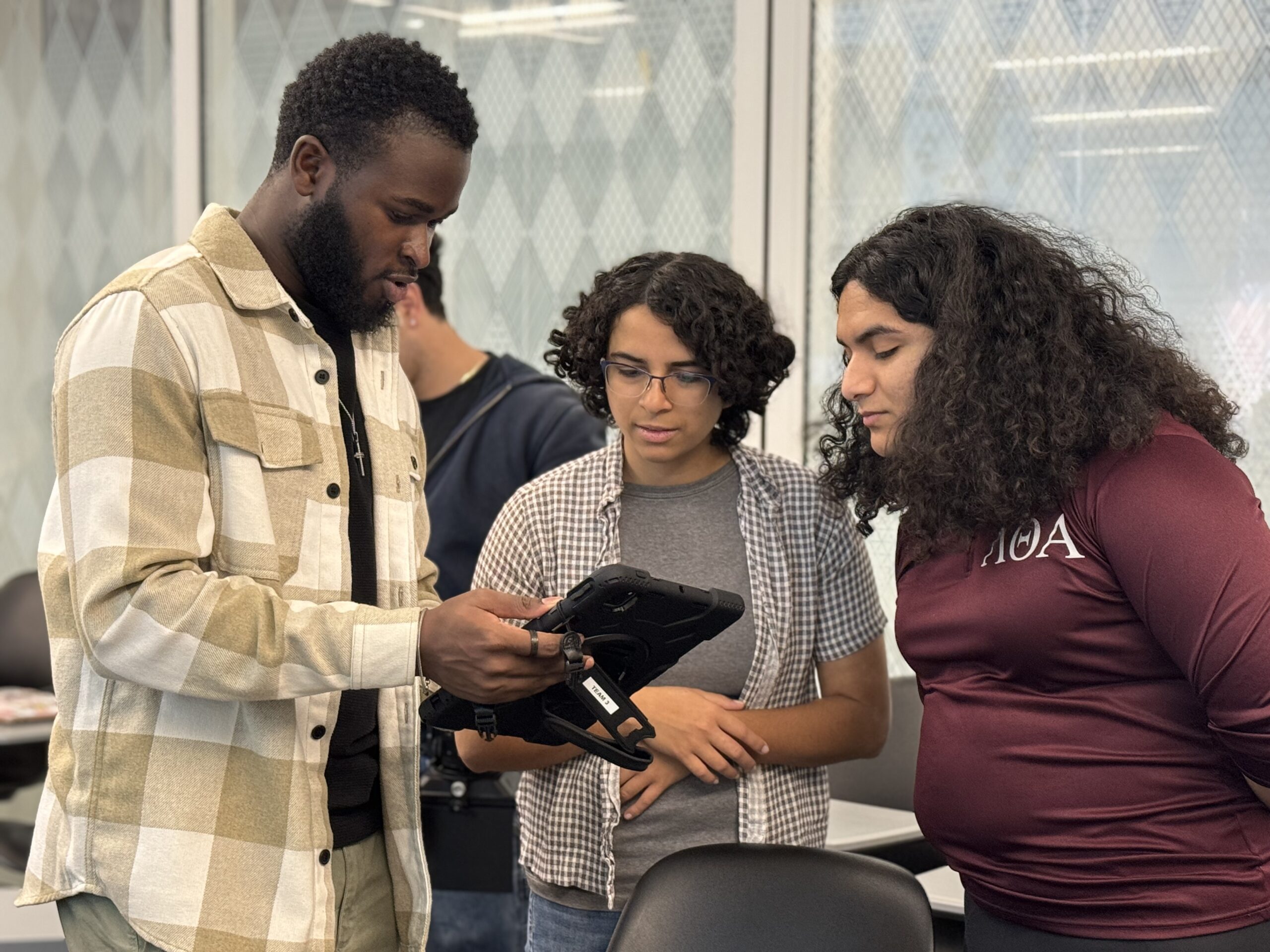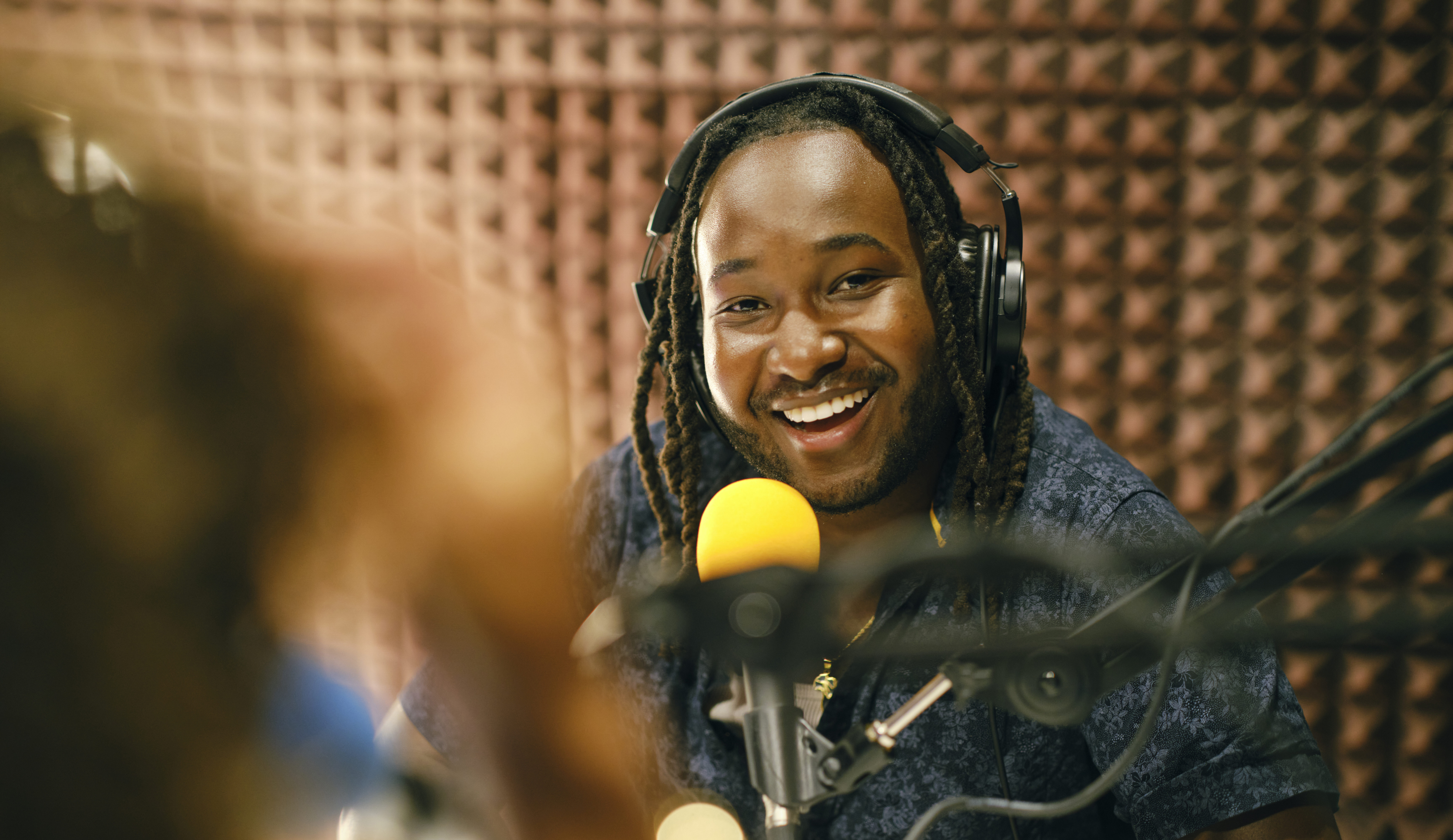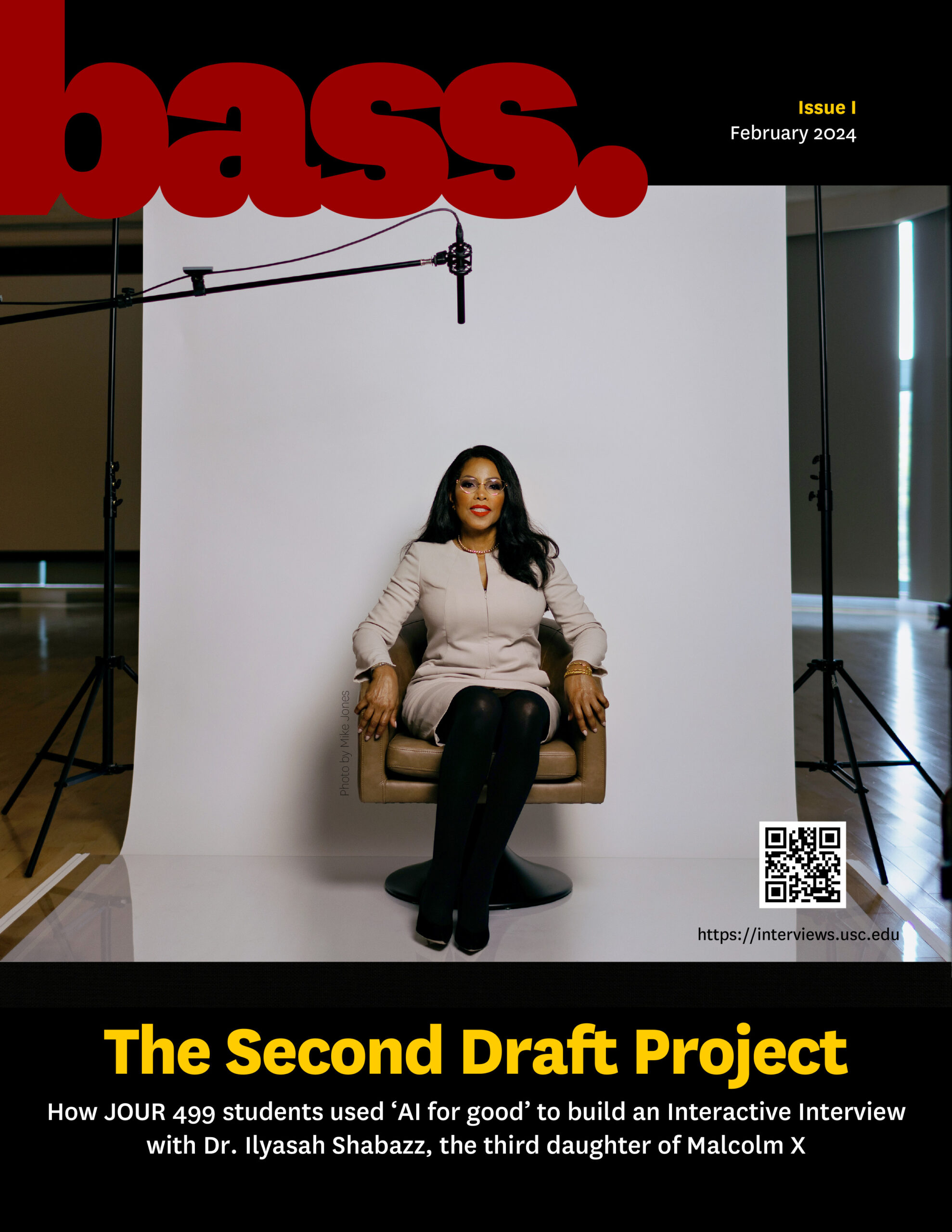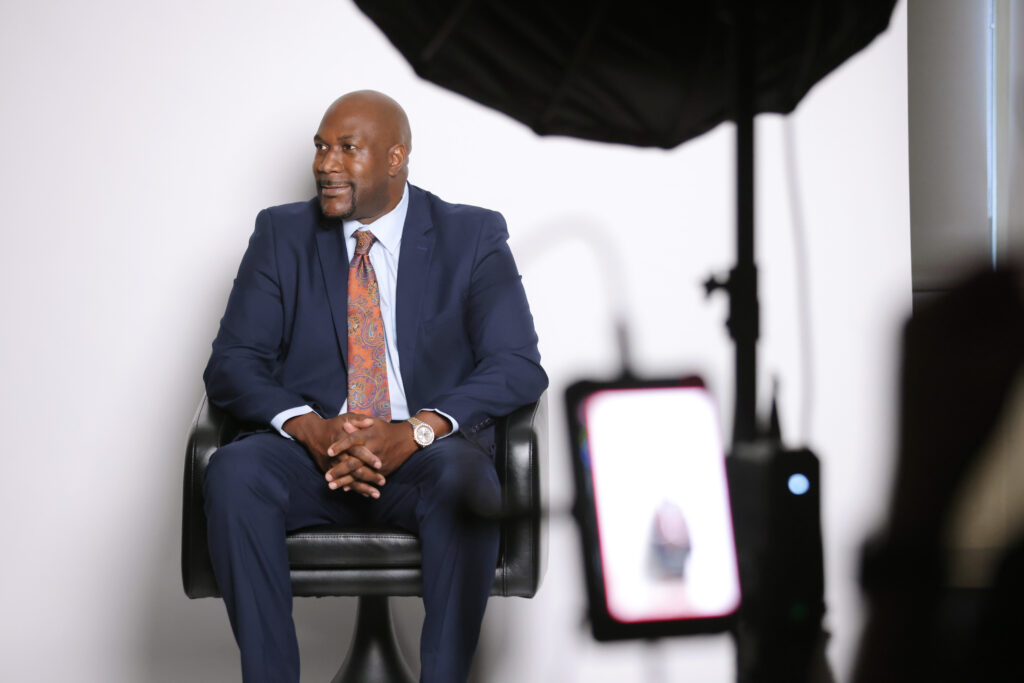
The Second Draft Project
The Second Draft Project corrects the historical record for people who have been misrepresented or maligned in mainstream media. The initiative takes an innovative approach to reparative journalism, offering marginalized individuals and their families an opportunity to share their stories in their own words, to ensure their legacies are understood accurately.
Reclaiming Narratives, Amplifying Truth
Journalism has been described as “the first draft of history” by some of its most influential practitioners. But history has shown that oftentimes — for the most marginalized members of our society — that this first draft is, at best, incomplete. At worst, it is inaccurate. And sometimes it can even be harmful. This is where The Second Draft Project comes in. We offer those who have been connected to, or at the center of, our nation’s most pivotal moments in social justice a chance to highlight where the media fell short before — a chance to offer a fresh testimony. And, we do it using ethical AI technology.
800+
interview questions
186
years of Black oral history
4
interactive interviews
A New Approach to Storytelling
Since its inception, the Second Draft Project has become a model for reparative journalism. By focusing on marginalized voices and families, the Project challenges dominant media narratives and offers a more inclusive, accurate account of history. The Project has had a profound impact on participants, students, and the broader public.
For participants like Lora King and Philonise Floyd, the Second Draft Project provides an opportunity to reclaim their loved ones’ stories and offer the world a more humane and complete version of their legacies. For USC students, the Project serves as a hands-on learning experience in reparative journalism, teaching them to critically engage with media narratives, conduct ethical journalism, and participate in restorative storytelling practices.
The Second Draft Project’s commitment to correcting historical injustices through journalism has set a precedent for other media initiatives and academic institutions. It highlights the essential role of journalism in not only documenting history but also in shaping and reshaping our understanding of it.
FAQs
We’ve chosen the Interactive Interview format for the Second Draft Project’s archive and exhibit because AI-powered conversations invite visitors to commune and engage with important figures of social change movements, both past and present. By doing so, we hope our exhibit will foster a deeper understanding of each subject’s experience by turning visitors into active participants of the storytelling as they help draw out each subject’s testimony through designated prompts.
The Second Draft story subjects are not an avatar. They are real recordings of people that are broken into tiny, conversational bits. When someone asks an interactive interviewee a question, the software retrieves the appropriate video segment. The user then feels like they are having a conversation with the video version of the subject. Interviewees usually set aside a day for recording their replies.
With increasing calls to restrict curricula that engage Black history in American classrooms, now is the time to capture, preserve and amplify the stories of prominent Black figures of American culture. In the aftermath of the murder of George Floyd — and America’s subsequent and ongoing racial reckoning — there has never been a more critical time to document and preserve Black testimonies.
Lora King was our inaugural Second Draft Project subject. King is the daughter of Rodney King and founder of the Rodney King Foundation. In December 2022, we spent a day asking Lora nearly 400 questions about her life, her father, his legacy and her work today. Our partners, USC Libraries and USC Digital Repositories, then mapped all of Lora’s recorded responses to possible questions someone might ask her. The result was an interactive interview experience, which debuted during Black History Month 2023.
The Bass Lab worked with the USC Digital Repository and USC Libraries to produce the inaugural, Lora King interactive interview. Due to the success of Ms. King’s premiere, we created a Second Draft Project special topics class (JOUR 499), so students could learn how to use this exciting technology too. Since Fall 2023, all current USC Annenberg students have been eligible to register for a course that teaches them how to program an interactive interview. They also produce a companion podcast.





